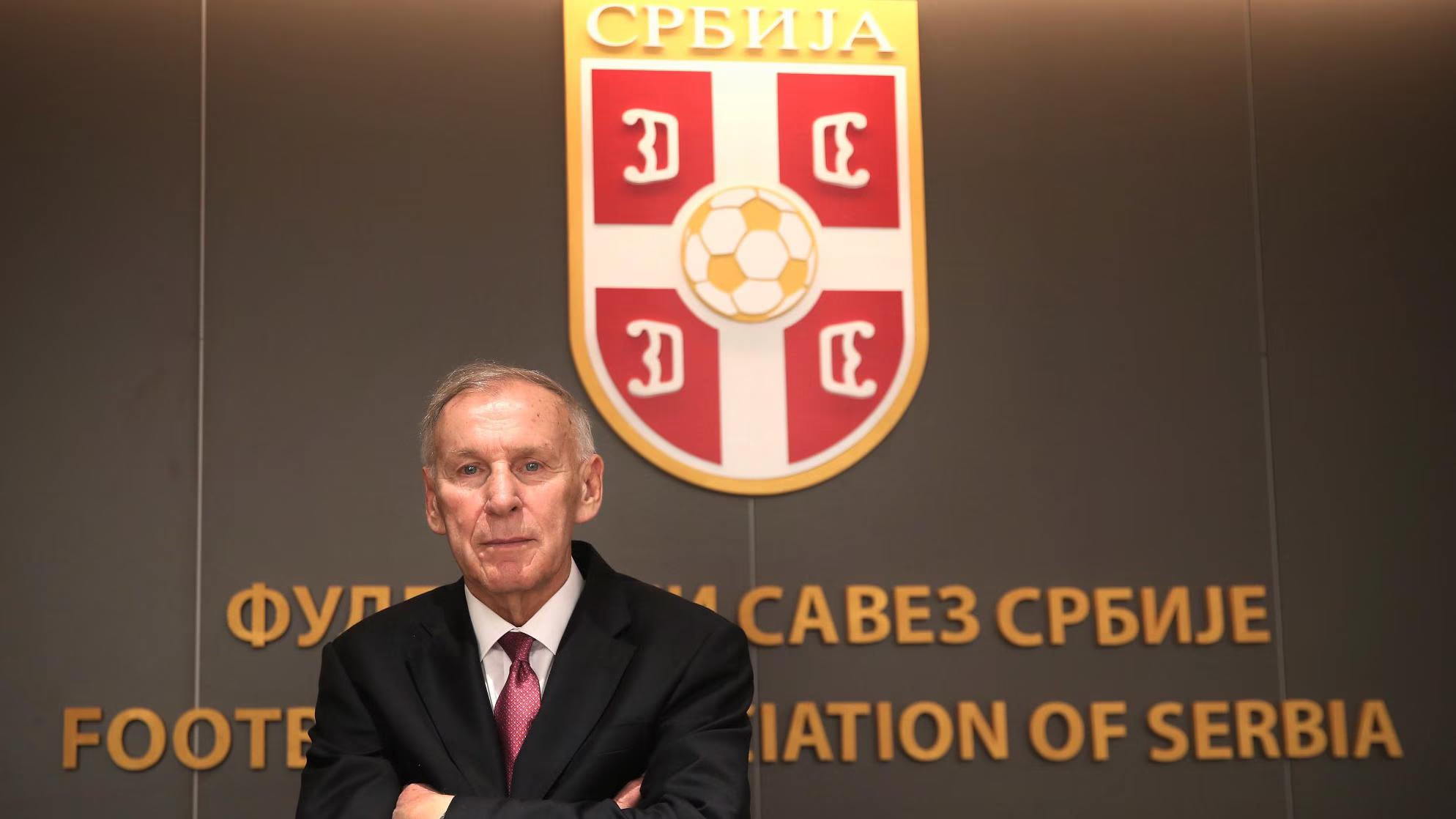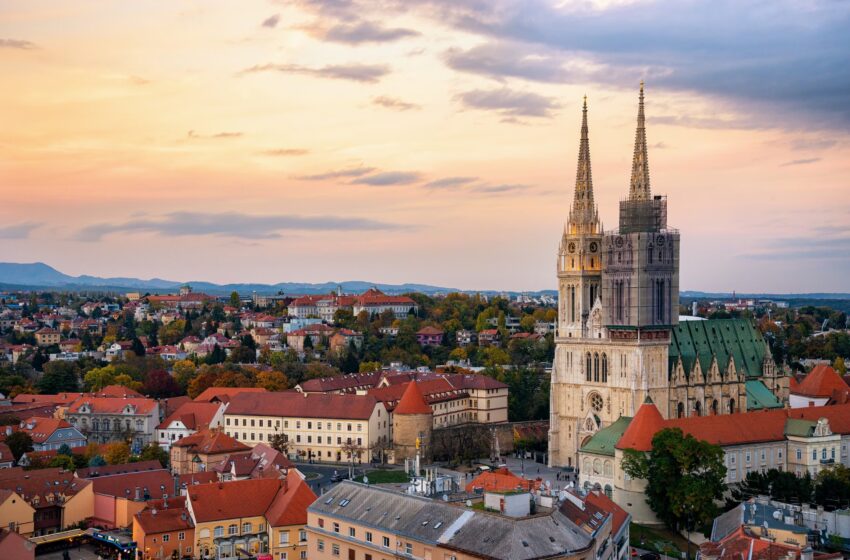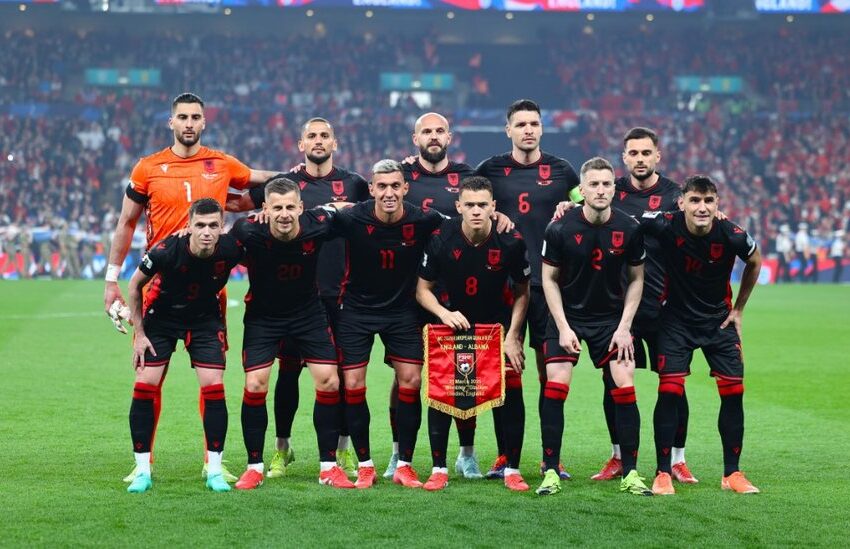Serbia on edge ahead of Albania match: Federation chief warns of FIFA sanctions

Anxiety is running high in both Albania and Serbia ahead of the much-anticipated World Cup qualifier against Albania, a fixture still haunted by memories of the chaotic and violent 2014 Belgrade match, which was ultimately awarded to Albania 3–0 after UEFA’s disciplinary ruling.
Why is this important: The Belgrade incident remains one of the most controversial moments in European football. While the game in Tirana proceeded without any problems, the meeting in Serbia is awaited with anxiety and authorities are determined to prevent any repeat that could bring severe FIFA sanctions — including a multi-year suspension from international competitions.
Context: In an effort to minimize risks, the Serbian Football Federation (FSS) has decided to host the match in Leskovac and restrict ticket sales. Only invited guests from the sports community will attend, while general admission remains closed.
Federation president Dragan Džajić confirmed the extraordinary measures, saying:
“We have done everything possible to prevent another scandal like in 2014. It would be a catastrophe if it happened again — we could be excluded from football for many years. That’s why we moved the game to Leskovac and reduced stadium capacity. This is an exceptional situation for us.”
According to local Serb media, FIFA could suspend Serbia for up to two years if violence erupts again, a scenario that would automatically promote Albania to second place in the qualifying group. Serbian officials are also wary of potential player provocations, despite the absence of general spectators.
“I don’t believe Albanian players will provoke,” said Džajić, adding, “We have experience and will respond professionally if anything happens.”
What else:
Despite the tension, the Serbian football chief praised Albania’s progress in recent years:
“Albanians are a strong, united team with good players who represent their country with pride. Nobody should underestimate them. We must be ready to win.”
The Serbia–Albania match thus carries not only sporting significance but also deep political and symbolic weight. Both federations — and FIFA — will be watching closely to ensure that football, not conflict, takes center stage this time.


